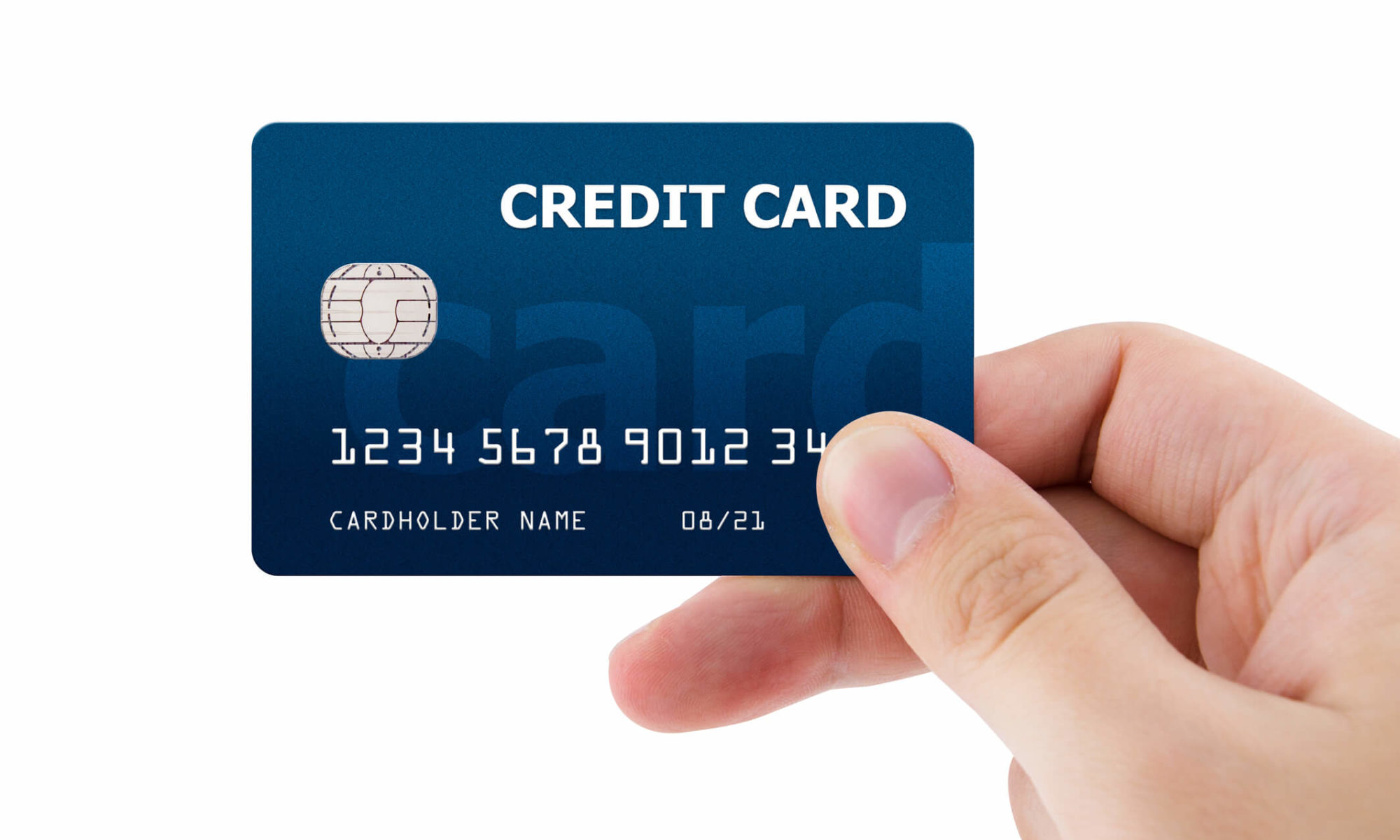Looking to save money on your payment processing? You’re not alone. This service is one of the most often cited headaches for small business owners, and it’s pretty common to look around for different payment processors to help lower those fees. The reality, though, is that it may not be the payment processor you’re frustrated with. Instead, it may be the pricing model itself.
Four Very Different Models
As you begin to consider different payment processing companies, you’re going to see four main models. The first is the most common – tiered pricing. It sorts your transactions into three different tiers: qualified, mid-qualified, and non-qualified. Transactions meet various requirements to fall into a given tier (processors call these ‘buckets’). For example, if the card is present and it’s processed on the same day, it might fall into the qualified category. If it’s an online transaction, it may fall into an entirely different category.
Tiered pricing simplifies things considerably, but you don’t get a chance to see what the processing company is really charging you. Subscription pricing is the second model, and in this case, you pay a membership fee as well as a per transaction fee. It can be a fairly inexpensive way to process your payments, but not very many companies are willing to offer it.
Flat fee payment processing is the third type, and it’s a bit like tiered processing, but it generally takes the three tiers and blends them to offer you a single even rate. That rate, though, can be a bit high. Interchange-plus pricing is the most transparent of these models. It breaks down every single charge you pay, both those that go to the issuing bank and those that go to the processor. This tends to make things more complicated in terms of reporting, but it usually costs less.
The Right Online Payment Services
So, which one is right for your company? You’re going to have to think carefully about the various kinds of transactions you move through on a regular basis. You may also have to see which payment processors are competing for your business to see what’s available to you. While tiered and flat fees seem easier to deal with, interchange pass through services are typically the cheapest option. Searching terms like “what is interchange plus pricing” is likely to yield several examples that will help you put some numbers on potential transactions you might use in your store, which may help you make a solid decision.
To learn more about interchange plus pricing and have all of your payment processing concerns answered, contact us today.



